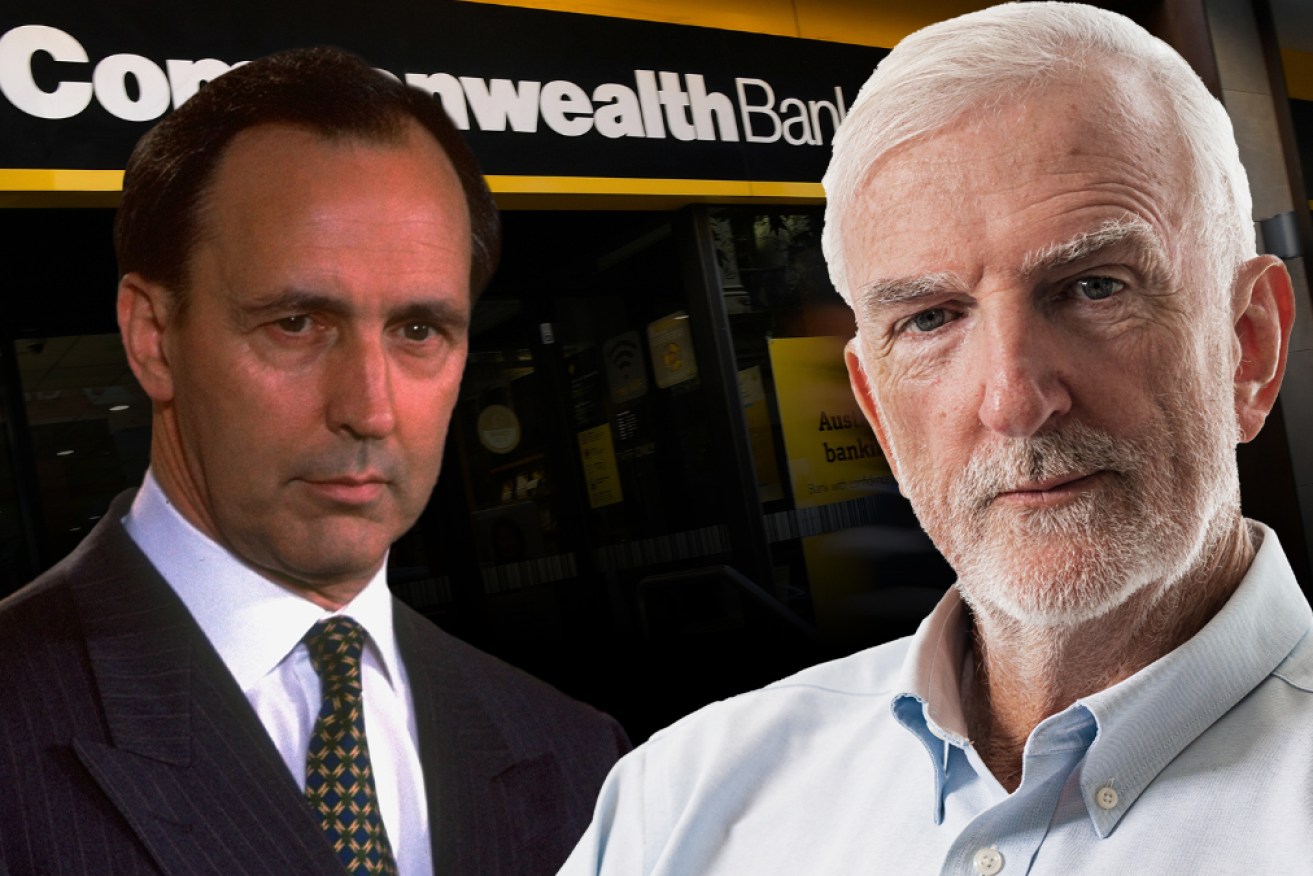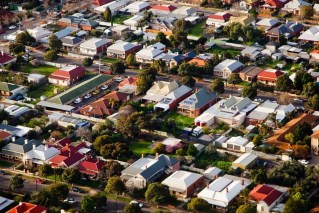Paul Keating, a giant of Australian politics, pushed Australia forward with giant steps – but he also made giant-sized mistakes.
With all the benefit of hindsight, arguably his biggest was to clear the way for Rupert Murdoch to buy the Herald and Weekly Times group in 1987 and thus dominate the Australian newspaper industry when newspapers set the news and policy agenda.
But it wasn’t the most expensive – giving Rupert Murdoch what he wanted didn’t leave $167 billion on the table. I’ll come to that.
The HWT decision arguably has damaged Australia beyond what can be counted in dollars. The Murdochs’ media power has captured one half of Australian politics and regularly intimidates the other.
I’ve likened News Corp’s conjugal embrace of the Liberal Party to that of praying mantises with News Corp playing the female role.
Optimists point to News Corp’s overt political bias regularly failing at the ballot box, especially at the state government level, but that understates the influence of the organisation’s fear-and-outrage formula along the way, the role it has played in our divisive “culture wars”, in promoting climate change scepticism and denial to deliver a lost decade of policy. It still seems to inhibit the federal government.
Rabid, relentless and often wrong
And of course in close-run elections an unrelenting propaganda campaign by our biggest media organisation does count, notably in 2019 when, even by Murdoch standards, the News Corp organs were rabid, provoking star News Corp journalist Tony Koch to write:
“No editor I worked for would have put up with the biased anti-Labor rubbish that, shamefully, the papers now produce on a daily basis.
“If it is not anti-Labor it is anti-Green or, quite ridiculously, anti-ABC. Anything except a story negative to the Liberal or National parties.
“Gone is the requirement for balance. One has only to look at the story selection and headlines on the front pages of the papers each day to see that an anti-Labor angle has been taken, however contorted had been the literary gymnastics required to finally arrive at that particular bit of stupidity.”
It could be argued News Corp’s role in climate denialism, limiting tax reform and scrapping the carbon price and minerals resources tax (and keeping them scrapped) has cost Australia dearly, but there is a more easily measured candidate for Mr Keating’s most expensive mistake: Privatising the Commonwealth Bank.
The CBA’s $10.16 billion profit this week was $2.16 billion more than the Hawke/Keating government received for the entire bank.
Over three tranches from 1991 to 1996, the Federal Treasury received $8 billion for unloading the bank. The stock market today values the CBA at $175 billion.
That’s just the total price of CBA shares. It ignores the many, many billions of dollars paid out to shareholders in dividends, plus the extra cost to the government of the rich franking credits on those dividends – many billions of dollars more.
In round numbers, CBA shareholders have made somewhere between $200 billion and $250 billion from the $8 billion paid to Treasury. Nice.
In 2016, on the 25th anniversary of the start of the privatisation process, the CBA dared boast a little about its success, highlighting that someone who bought the minimum subscription of 400 shares in 1991 for $2160 would have a parcel of shares worth $131,371 if the dividends were reinvested. Throw in the value of franking credits and it was $147,973.
On that 2016 anniversary, CBA shares were trading at a bit over $70 each. They closed on Friday at $104.40 and many a dividend has flowed over the counter since then as well.
The CBA might think it unseemly to remind anyone now what a dud deal the government did back in the 1990s – it’s bad enough having to admit it had substantially increased its profit margin in the past year as it demonstrates the lack of strong competition among the big banks.
There is a fair case to be made that the CBA would not be as richly profitable now if it had remained in government ownership, if the CEO wasn’t as wonderfully well paid as a non-government board allows him to be.
Who’s keeping the bastards honest?
On the other hand, there is no guarantee that the bank couldn’t have done just as well. It was well run before it was privatised and its main growth was achieved through internal promotion.
And there’s certainly no guarantee that a privately owned bank will perform well. Westpac shares, for example, are today where they were 17 years ago.
You’d think a reasonable government owner would be pretty satisfied with the CBA’s policy of aiming to pay about 70 per cent or so of its profits in dividends. A sensible Treasurer would not want to kill a golden goose.
Equally hypothetically, maybe a CBA still owned by the Commonwealth might have been leaned on to play a role of keeping the bastards honest, increasing competition instead of concentrating on maximising profit.
The 1990s were a time of global enthusiasm for privatisation and letting “the market” decide. The influence of Thatcherism and Reaganomics was great.
There was good reason to shake up government entities that were sleepy, particularly those that were monopolies, but the neoliberal philosophy painted government ownership of enterprises as bad per se. Plenty of government monopolies have been privatised as monopolies to the public’s disadvantage.
We’ll never know what role a strong, profitable government-owned bank might have played – but a couple of hundred billion dollars is still a lot of money to leave on the table.









